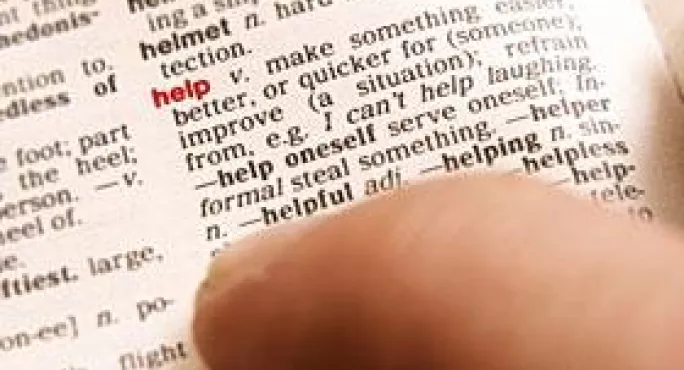TAs: Teaching assistants impair pupil performance

Original paper headline: Teaching assistants impair pupil performance Pupils who receive intensive help from teaching assistants make less progress than their classmates, damning research into a key Labour education policy has concluded. The more attention students receive from support staff, the worse their attainment in the core subjects of English, maths and science, a government-funded five-year study has found. Despite massive investment in swelling the numbers of support staff, there is still no evidence they help pupils achieve better results, the study by London University’s Institute of Education has found. Provisional figures for the beginning of 2009 show there were more than 358,000 full-time equivalent support staff in schools in England and Wales. Almost 182,000 of these were teaching assistants. Numbers have increased rapidly since workforce reforms were introduced in 2003 that aimed to cut teachers’ working hours by creating new roles for support staff. The total bill for support staff in schools in England in 2007-08 was more than pound;4.2 billion. The research found that workforce reforms had cut teachers’ stress levels, improved discipline and raised the quality of teaching. But it identified a number of fundamental weaknesses in the way support staff have been deployed. It has become commonplace for support staff, who are not required to hold any qualifications, to be put in charge of low-attaining pupils and those with special needs, it found. “The more support that children are given, the less interaction they have with the teacher,” said Peter Blatchford, who led the research team. “It’s the routine way in which children in most need of support are regularly separated from the curriculum.” “If you’re measuring in curriculum subjects and achievement, it’s not surprising that children will do less well if they’re separated from the mainstream curriculum.” Professor Blatchford said few teachers and support staff are allocated time to meet and discuss pupils. Researchers compared different amounts of support from teaching assistants on pupil progress in 200506 and 200708, examining test results from more than 8,000 pupils in 153 primary and secondary schools. In English, they found pupils who had the most support from teaching assistants made about a year’s less progress than classmates who received the least support. Pupils are expected to progress by three national curriculum sub-levels every two years. But children who had the most support were up to two sub- levels behind. Christian McAnea, head of education at Unison, which represents more than 200,000 support staff, said the Government and schools had been more worried about “getting bodies in schools” than making sure they were effective. “These findings are not a surprise,” she said. “We hope they will be a wake-up call for the Government and schools. Support staff are left with children with SEN, who need specific help. They often are not able to give them the expert help they require. “Too many don’t have the qualifications they need to work with children with complex needs.” The Apprenticeships, Skills, Children and Learning Bill, currently going through Parliament, says that it should be an aim for everyone in the children’s workforce to hold a level 3 qualification - equivalent to two A-levels. Alma Harris, pro-director of London University’s Institute of Education, has carried out separate research into the impact of support staff that found they had a positive impact on attainment. “I think the findings of this study are counter-intuitive, surprising and disappointing when you think of the ways schools have actively engaged support staff in teaching and learning,” she said. A spokeswoman for the Department for Children, Schools and Families said: “There is clear evidence that there is a positive effect on pupils’ progress where teaching assistants are effectively trained to deliver specific support programmes, alongside well-planned lessons, as this research acknowledges. “We do know that the most effective deployment of teaching assistants is still patchy - that’s why the schools white paper sets out clear measures to address the issues and make sure support staff are integral to teaching in every school.”Differing levels of support
Keep reading for just £1 per month
You've reached your limit of free articles this month. Subscribe for £1 per month for three months and get:
- Unlimited access to all Tes magazine content
- Exclusive subscriber-only stories
- Award-winning email newsletters
